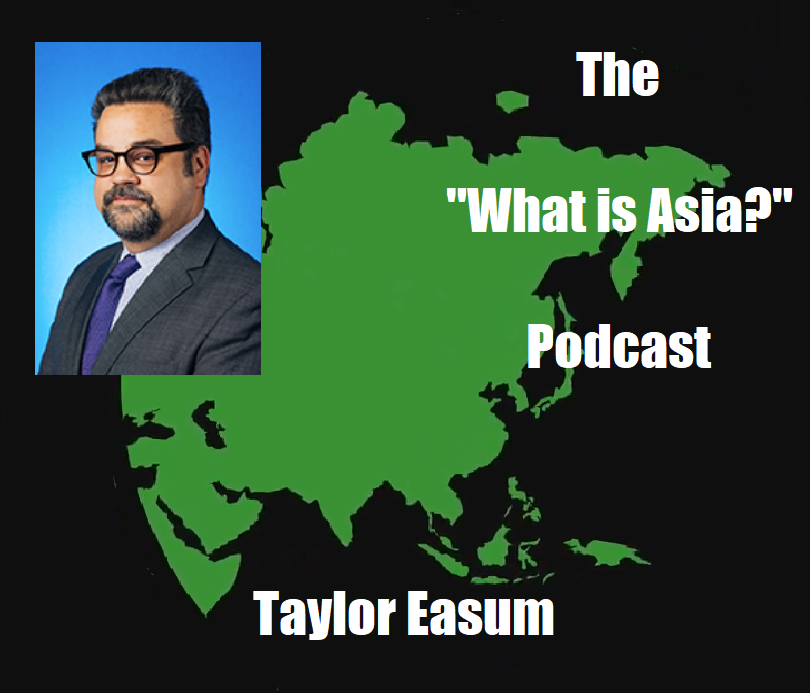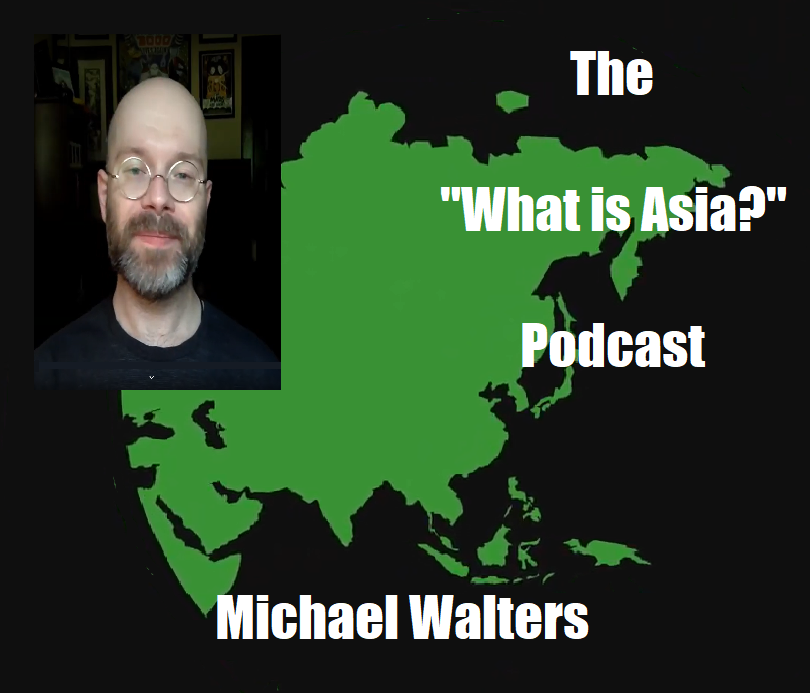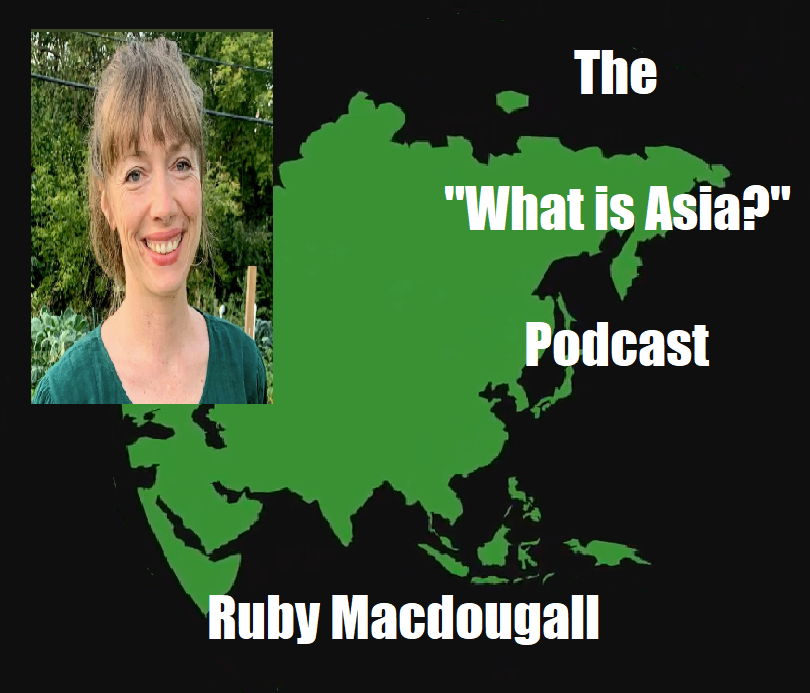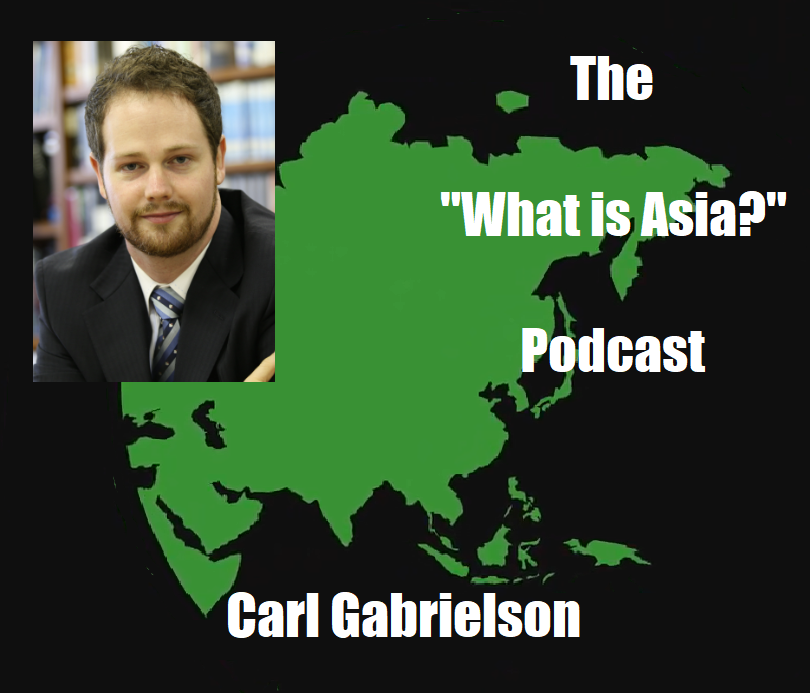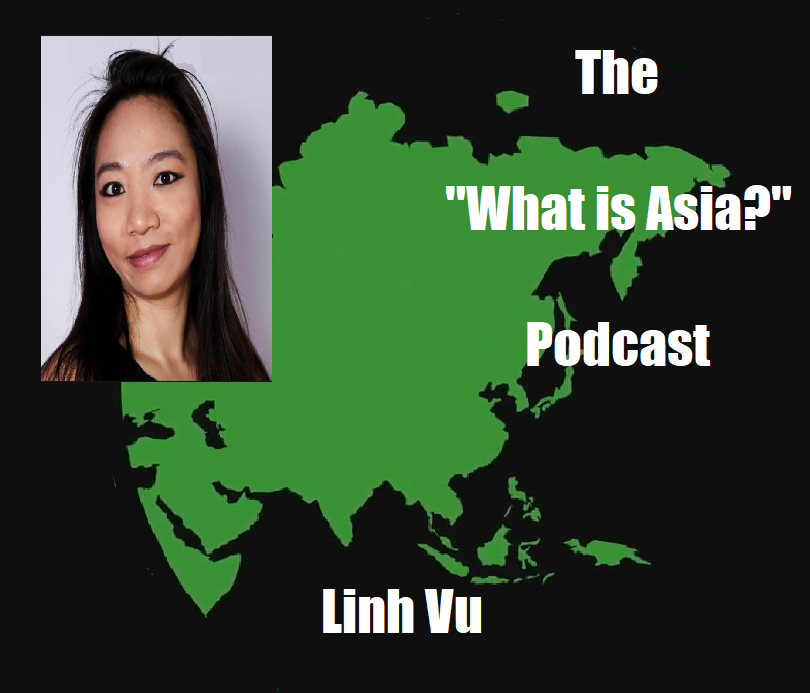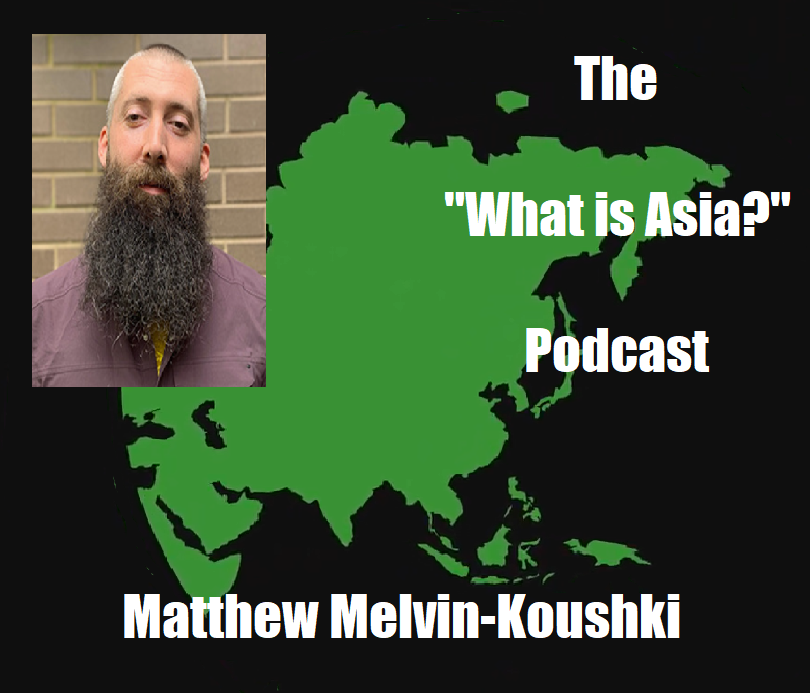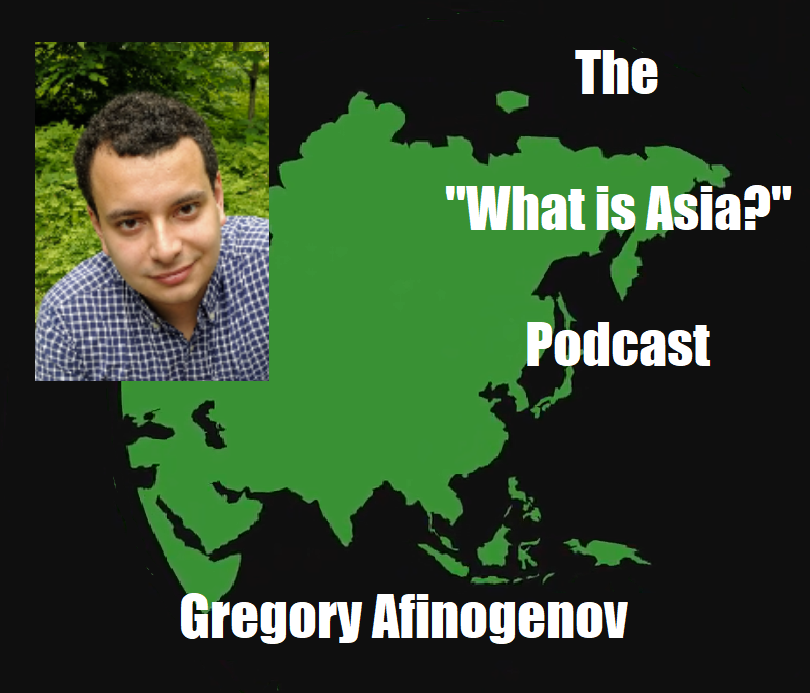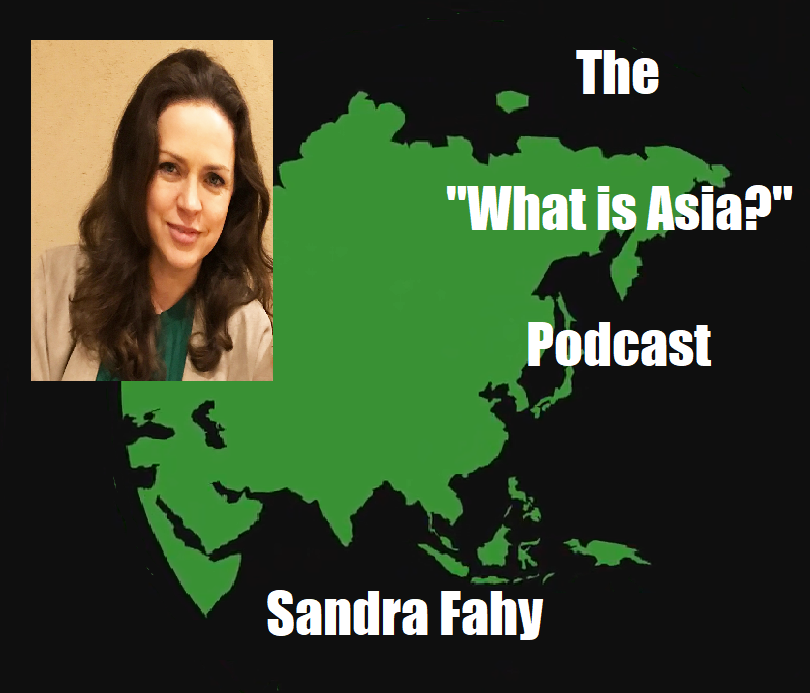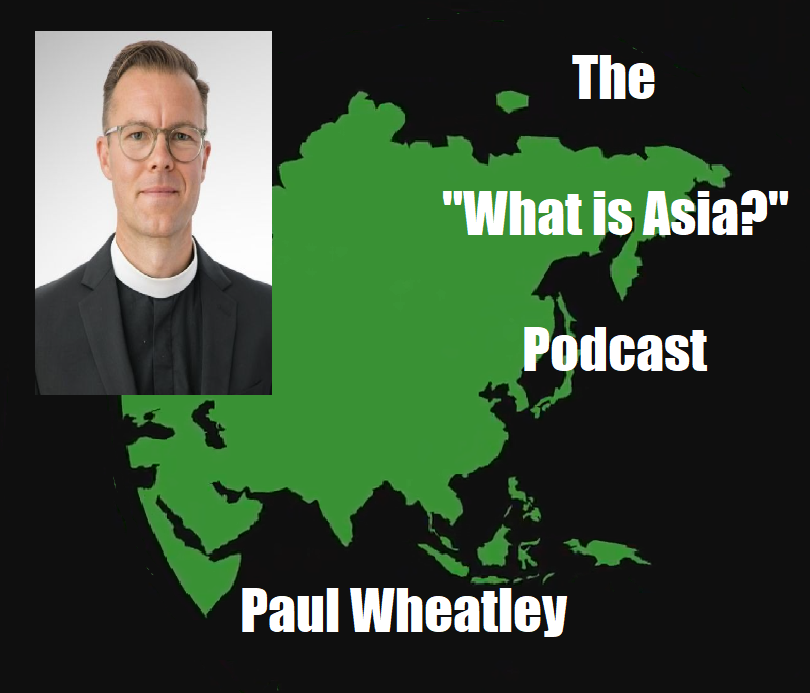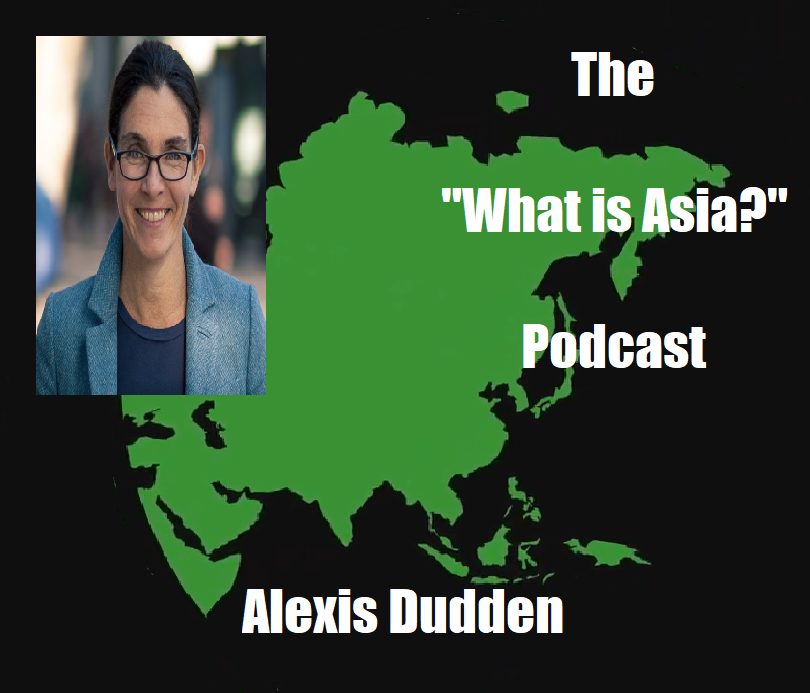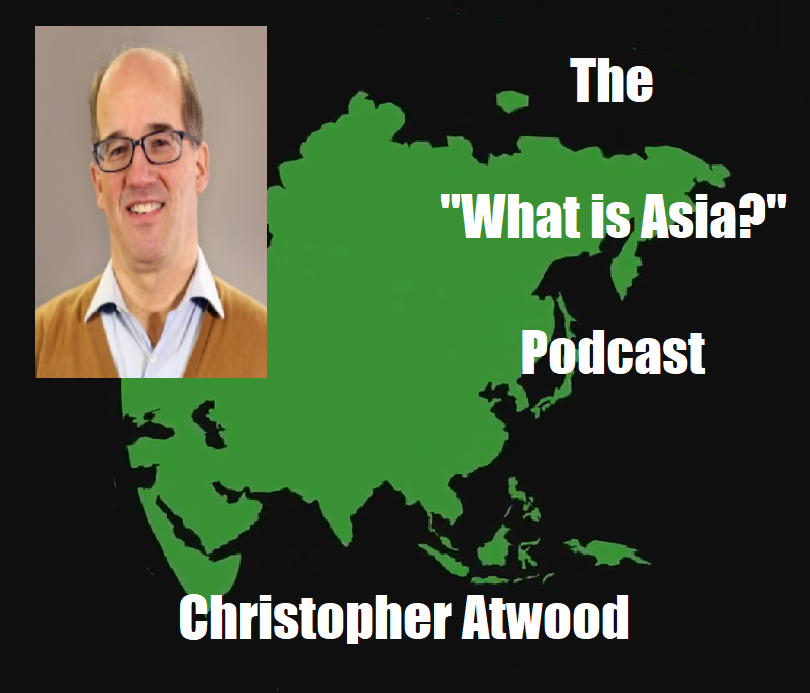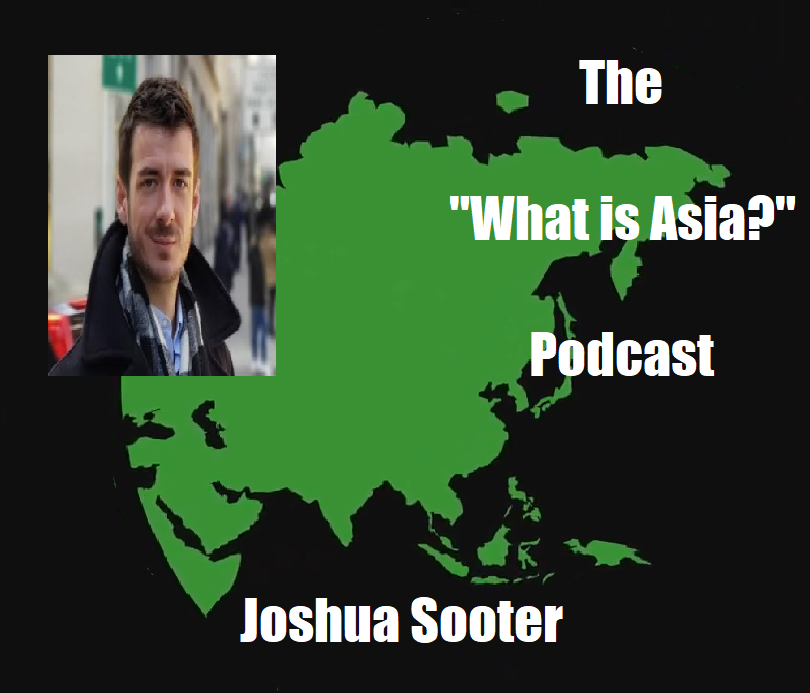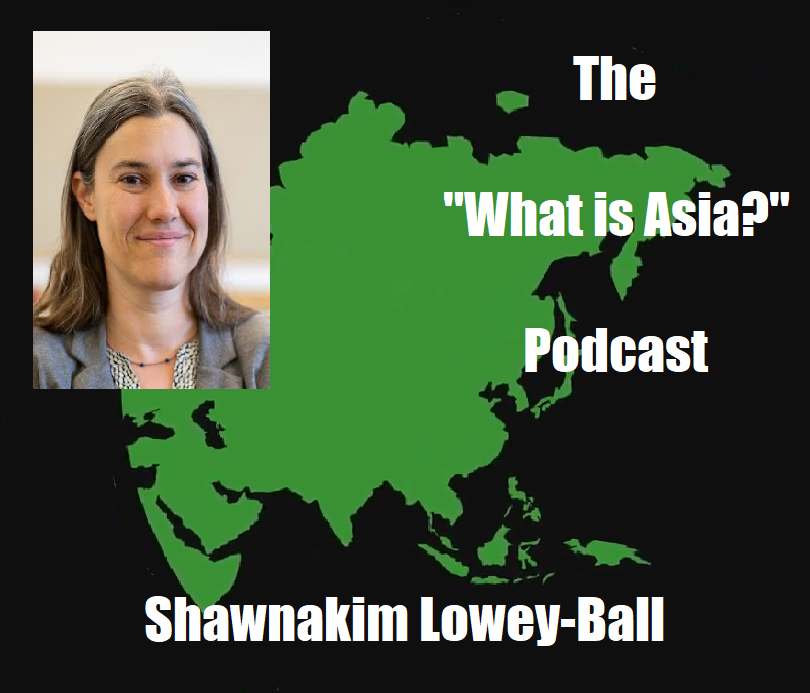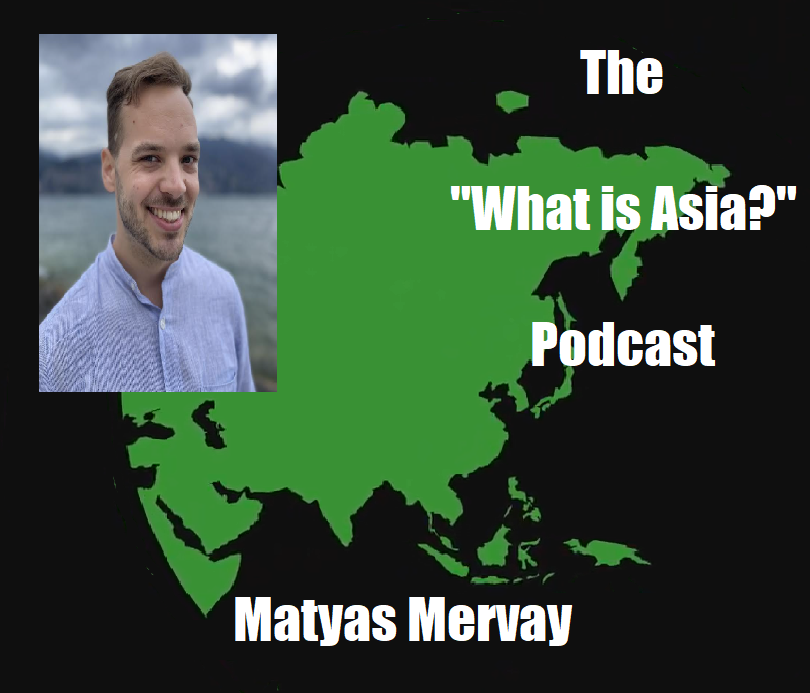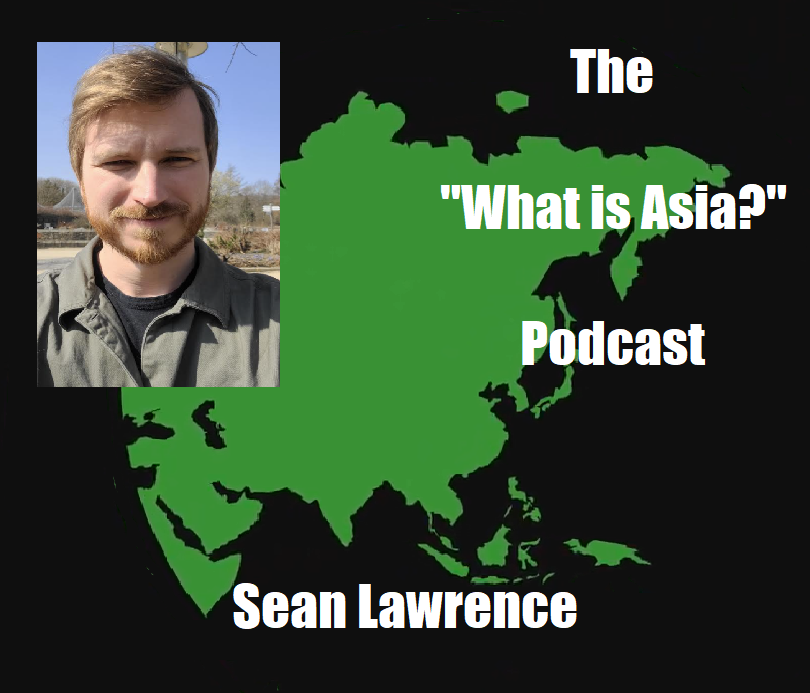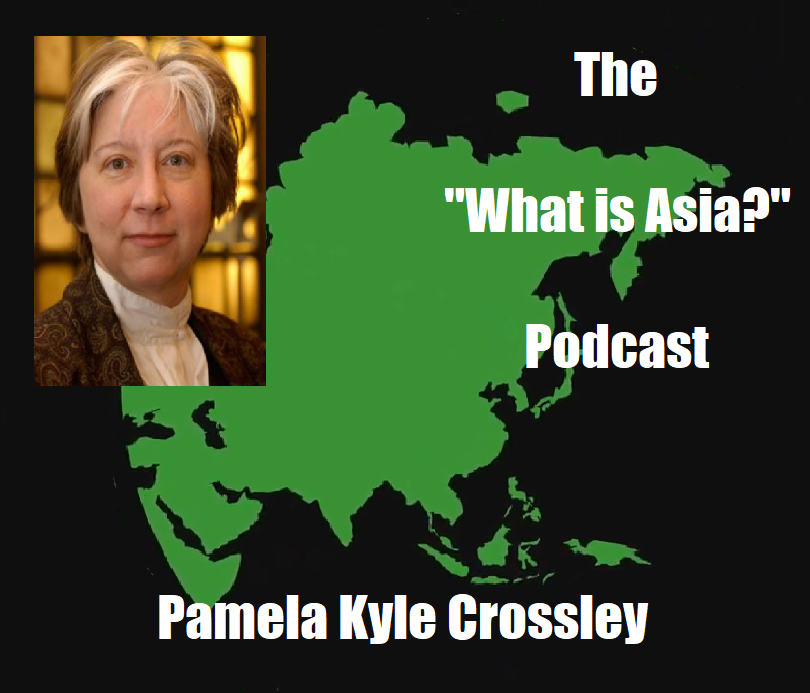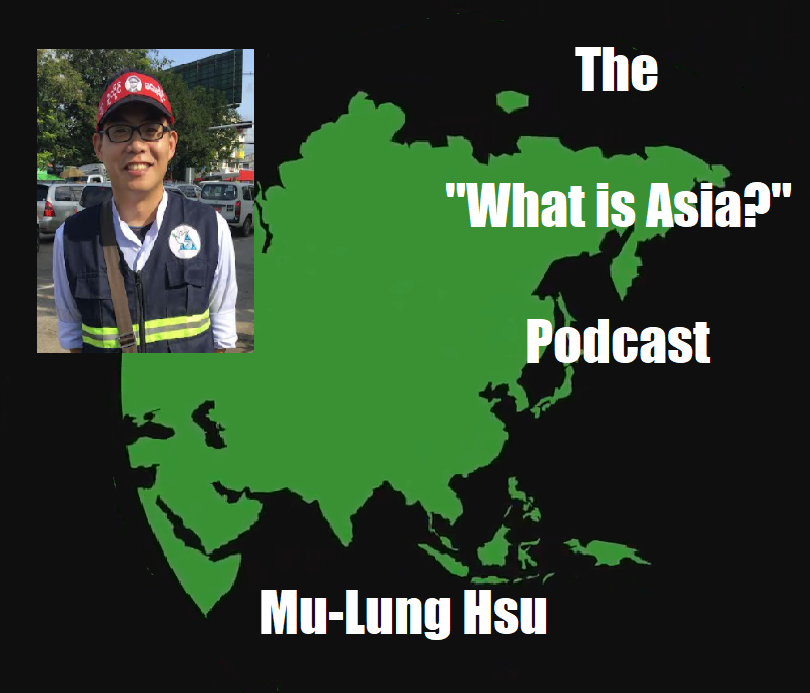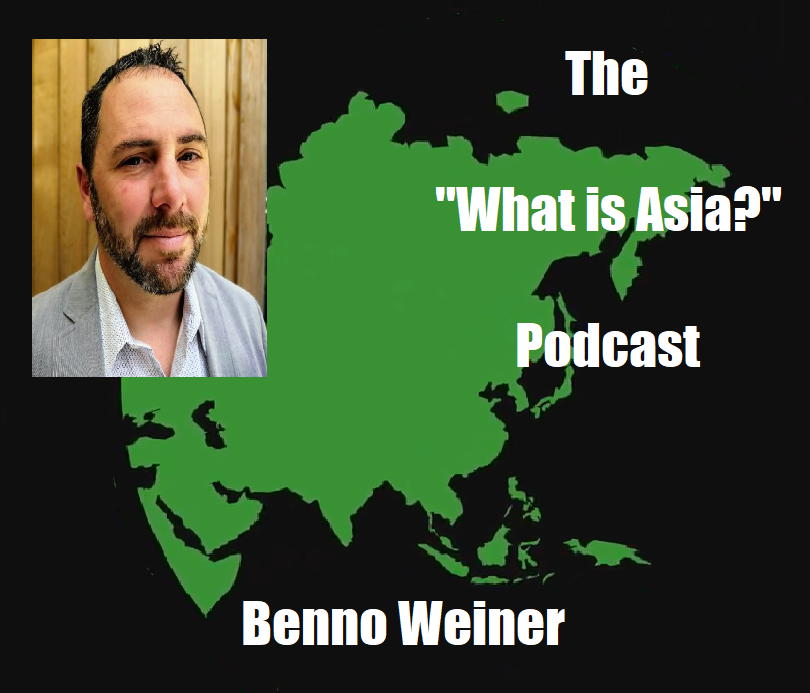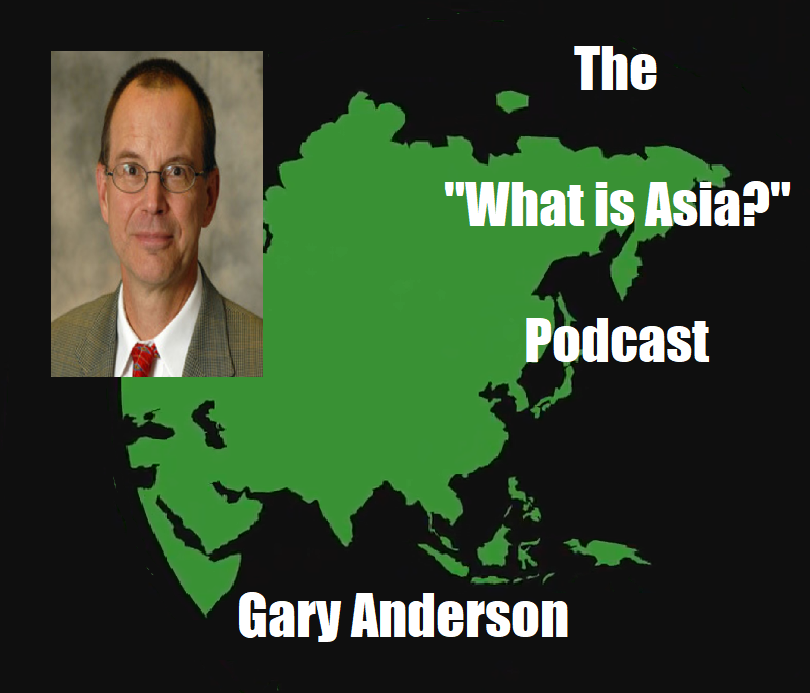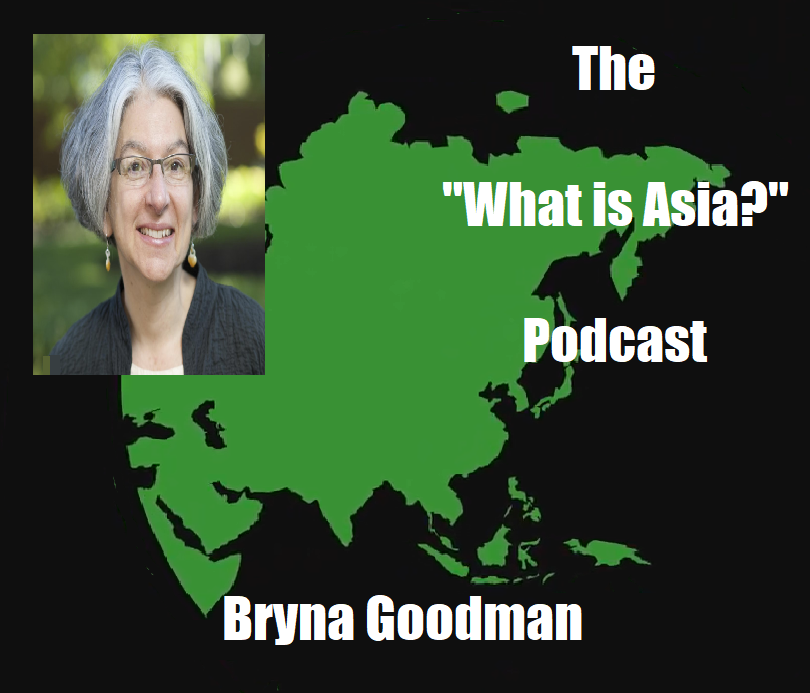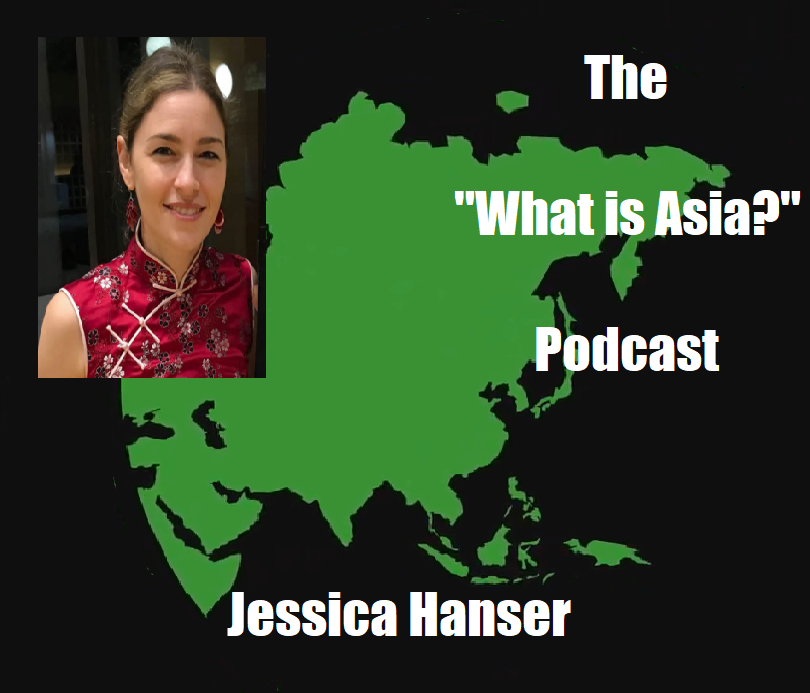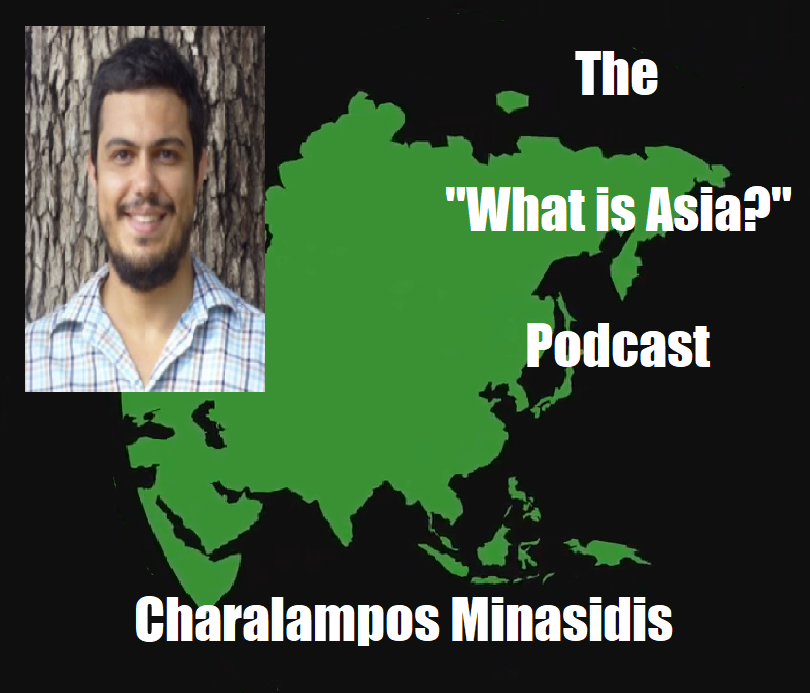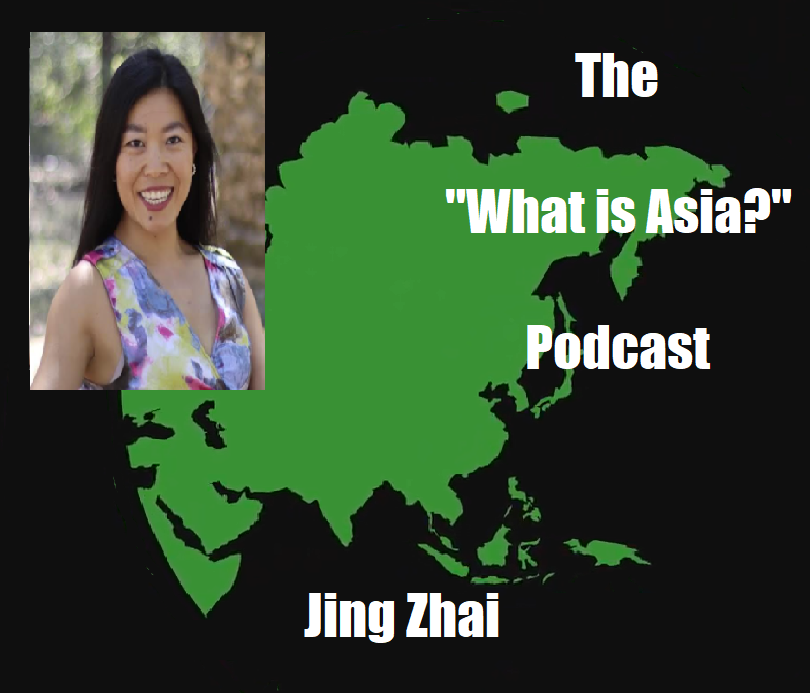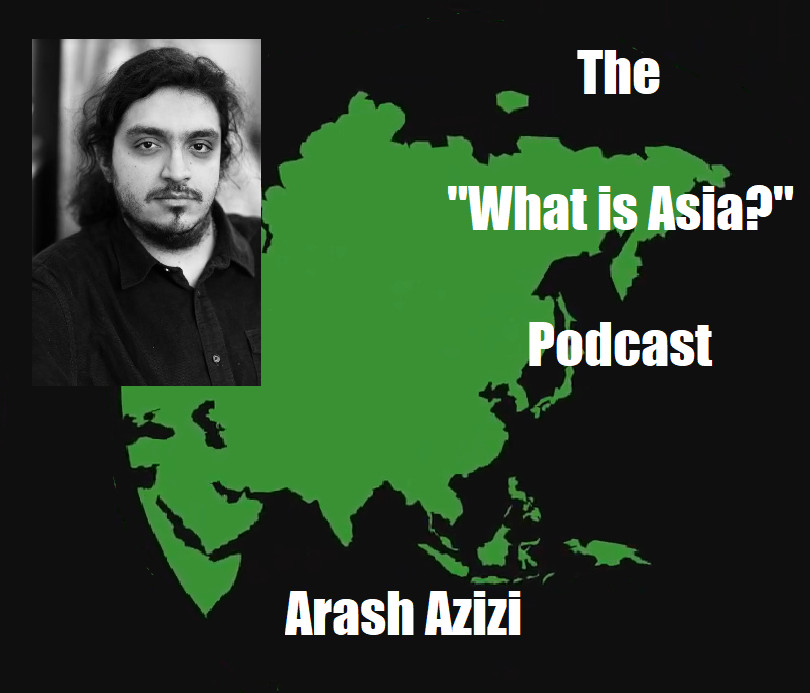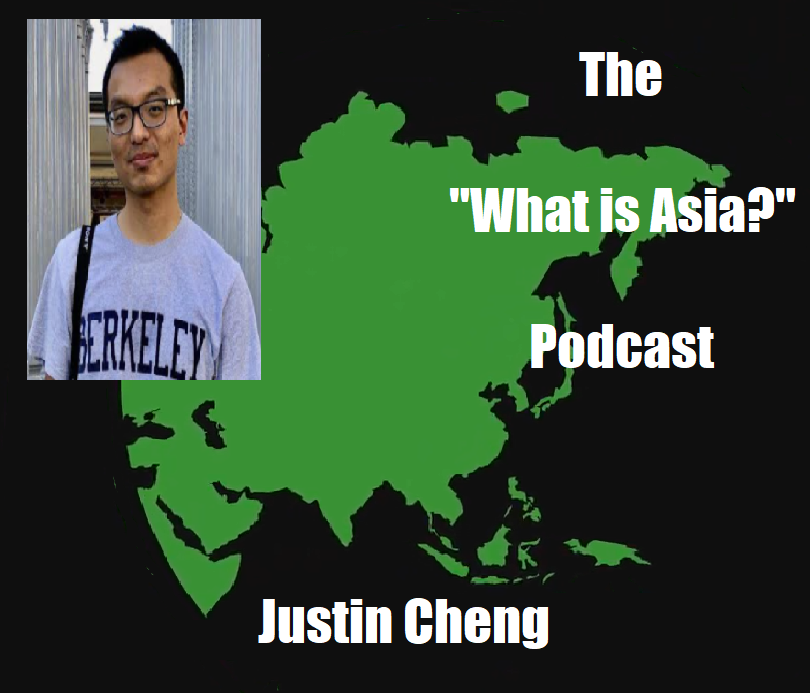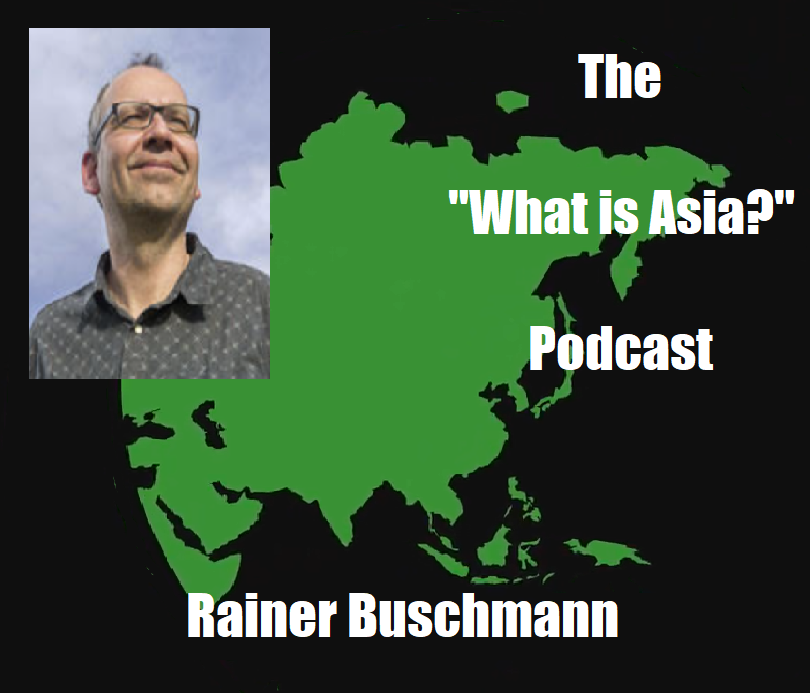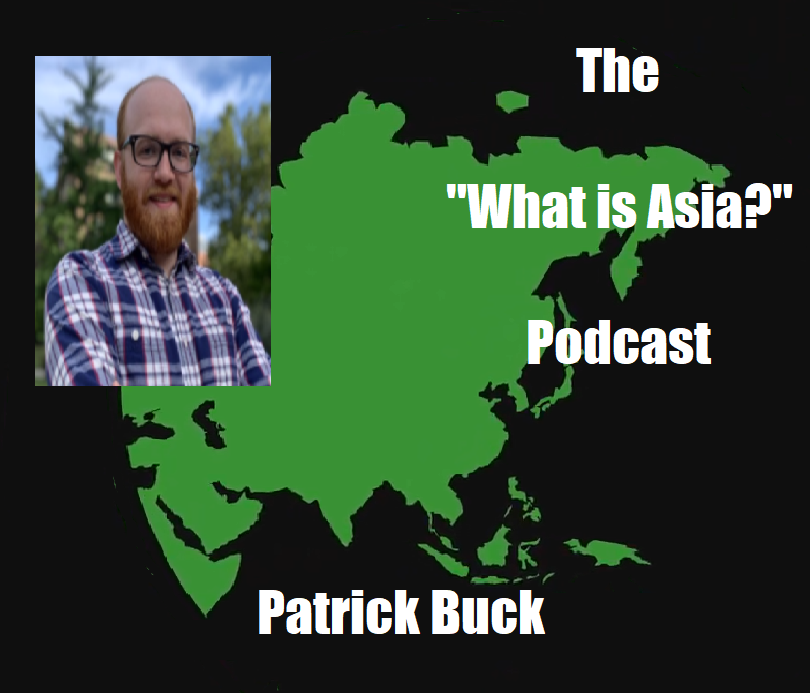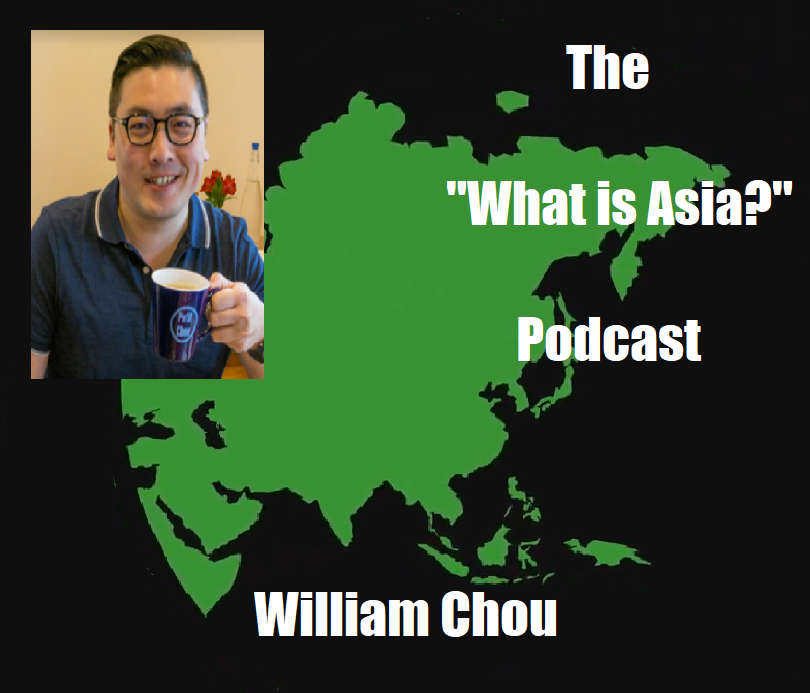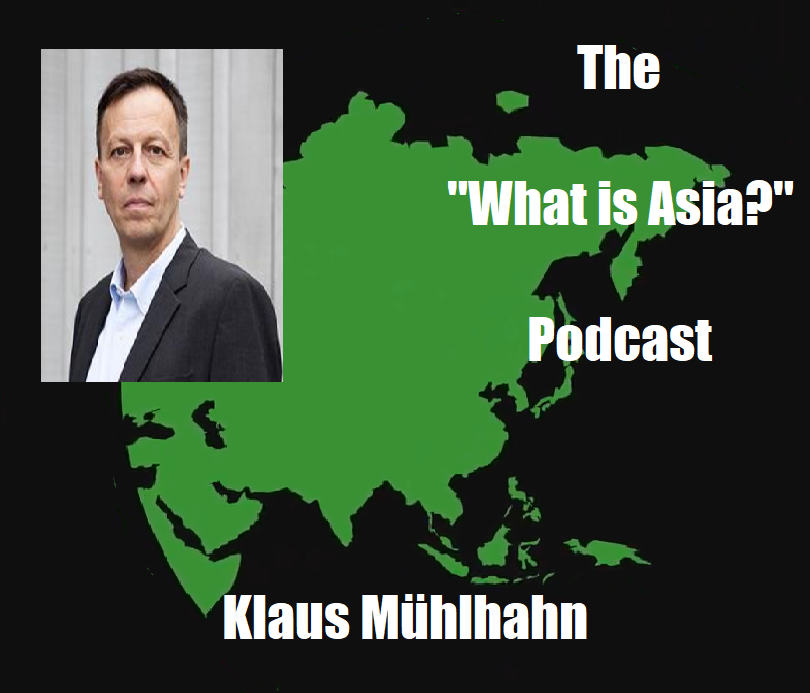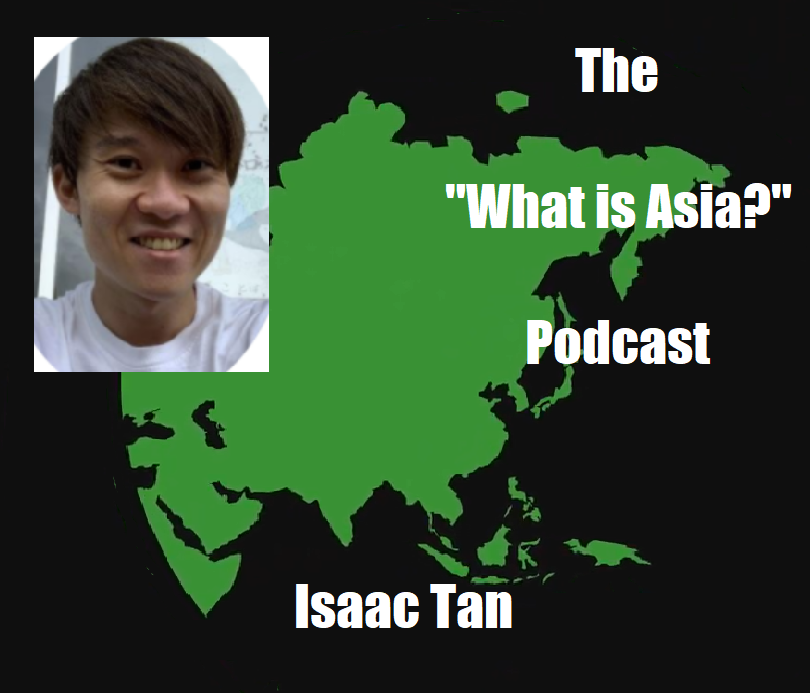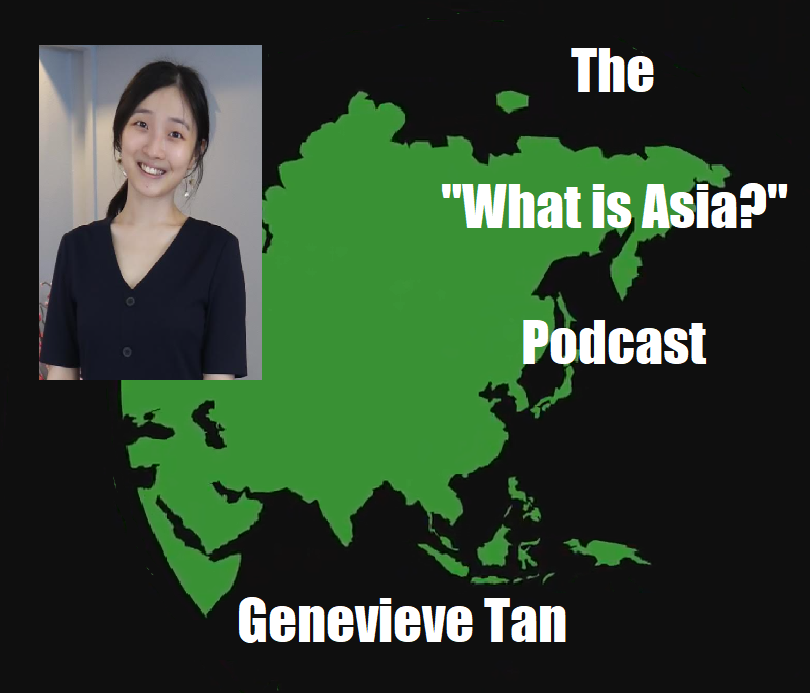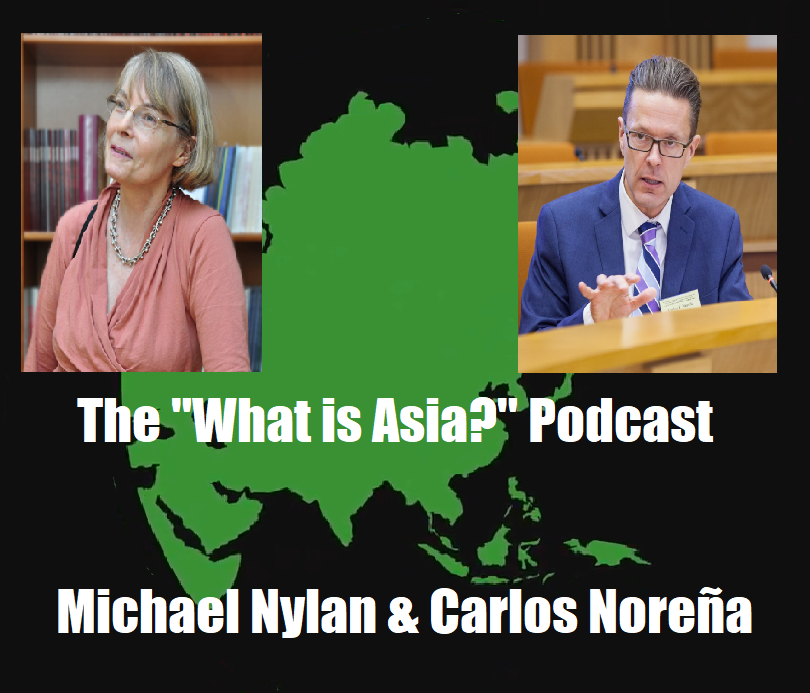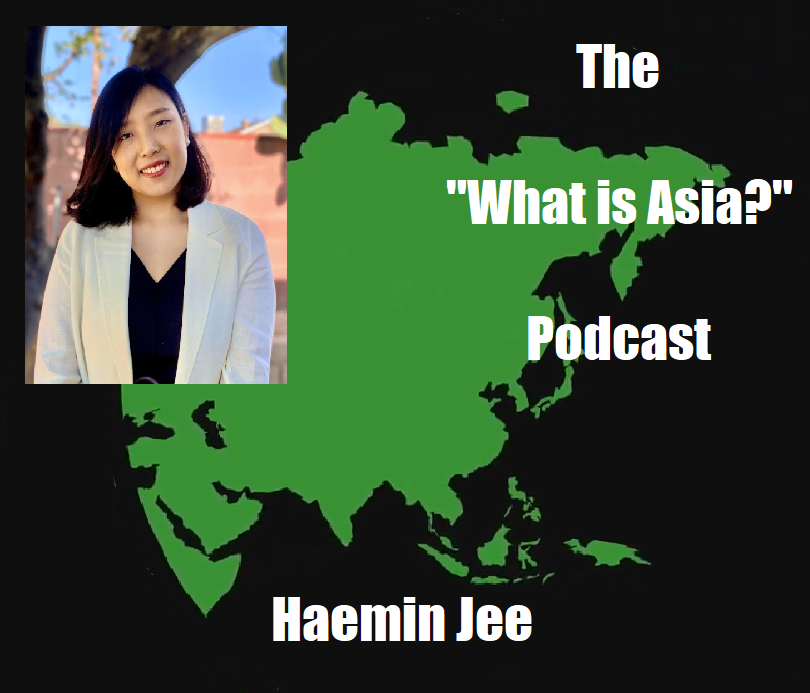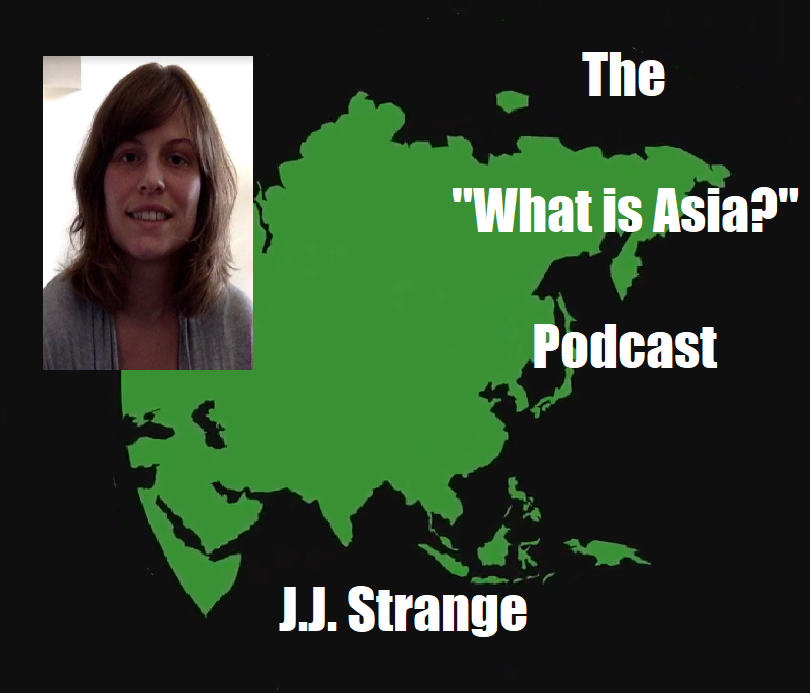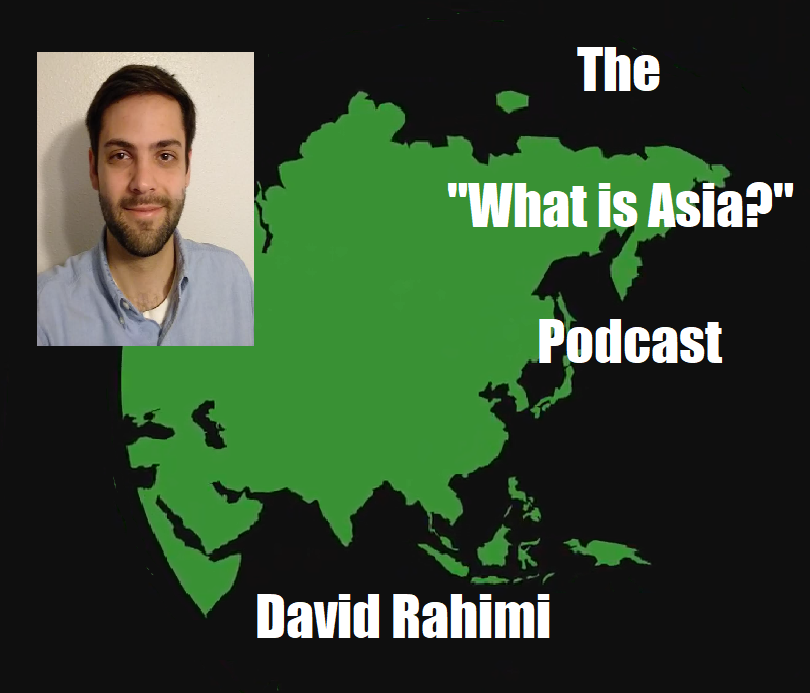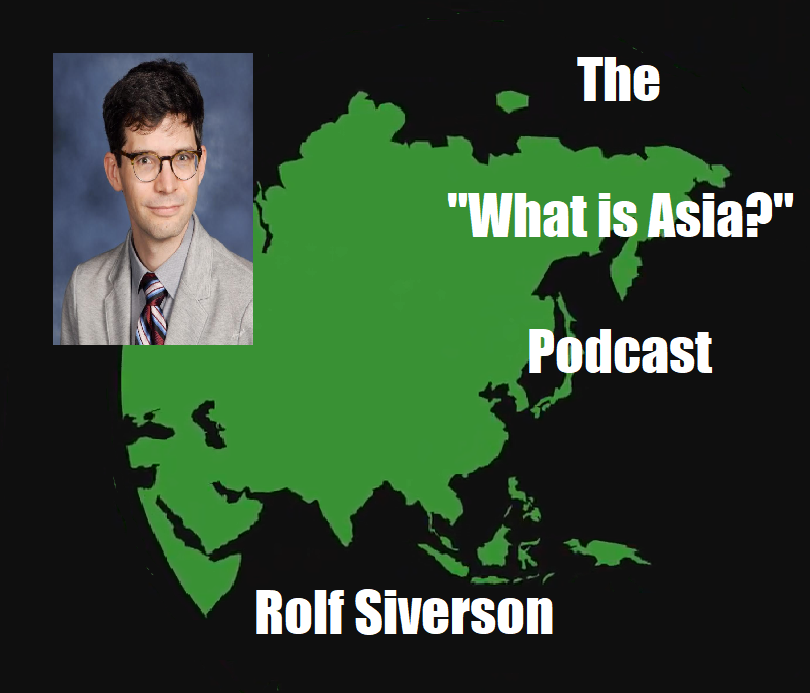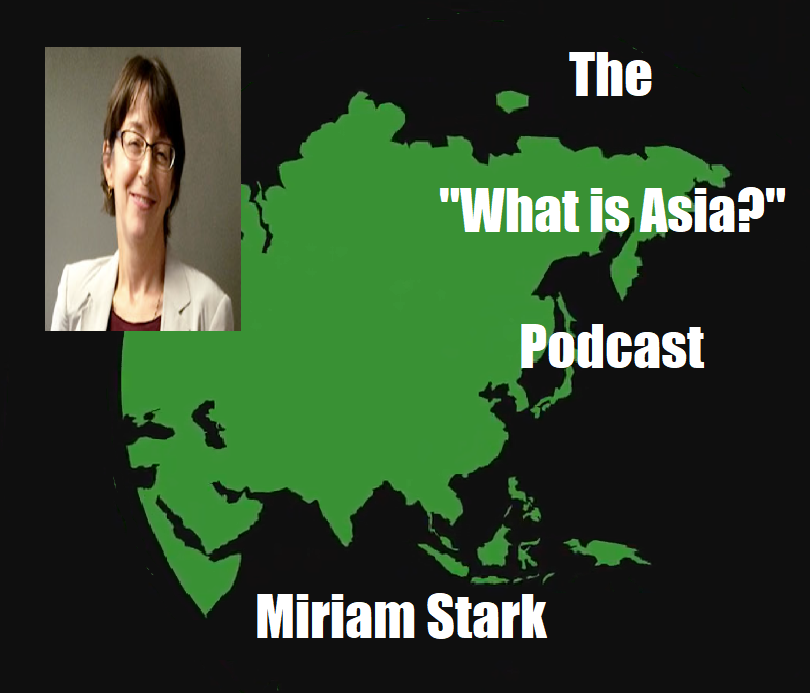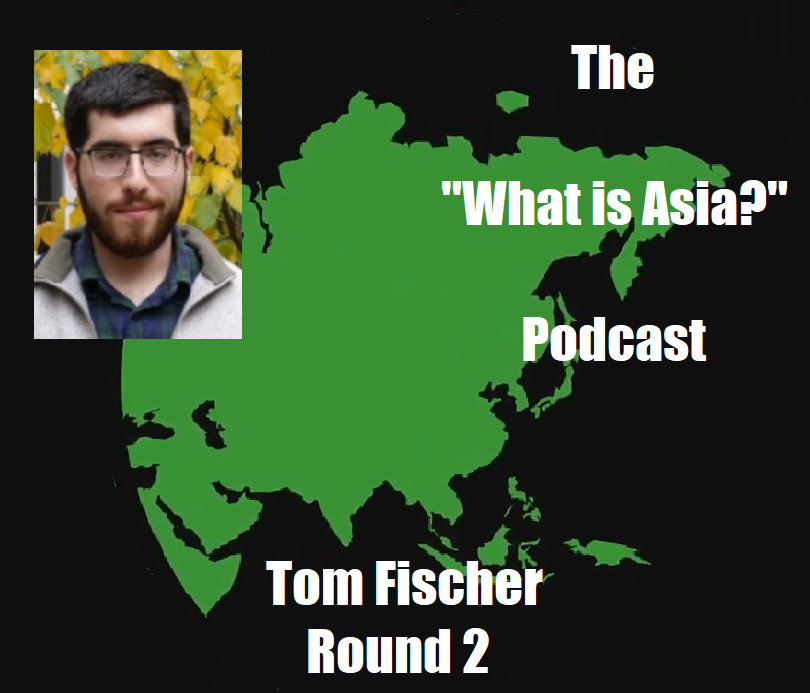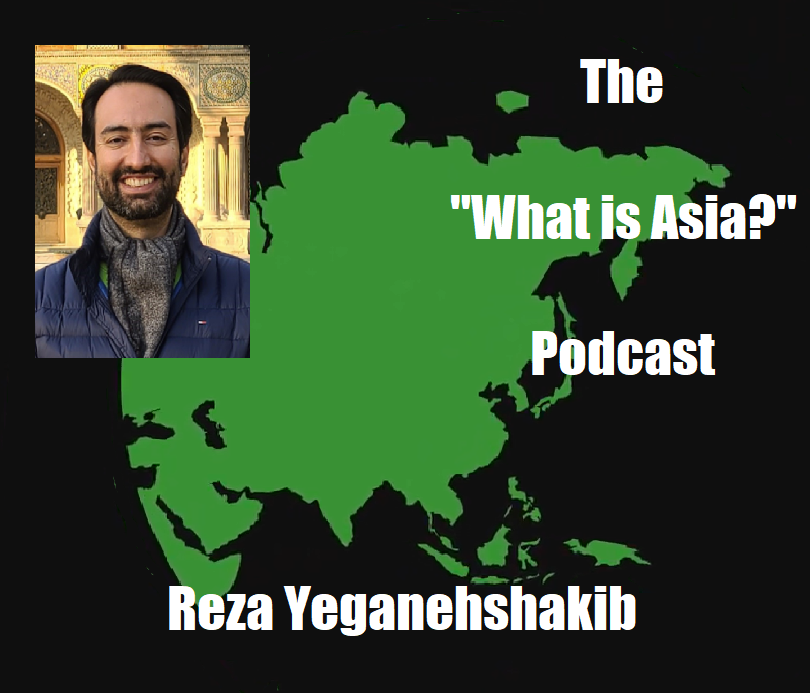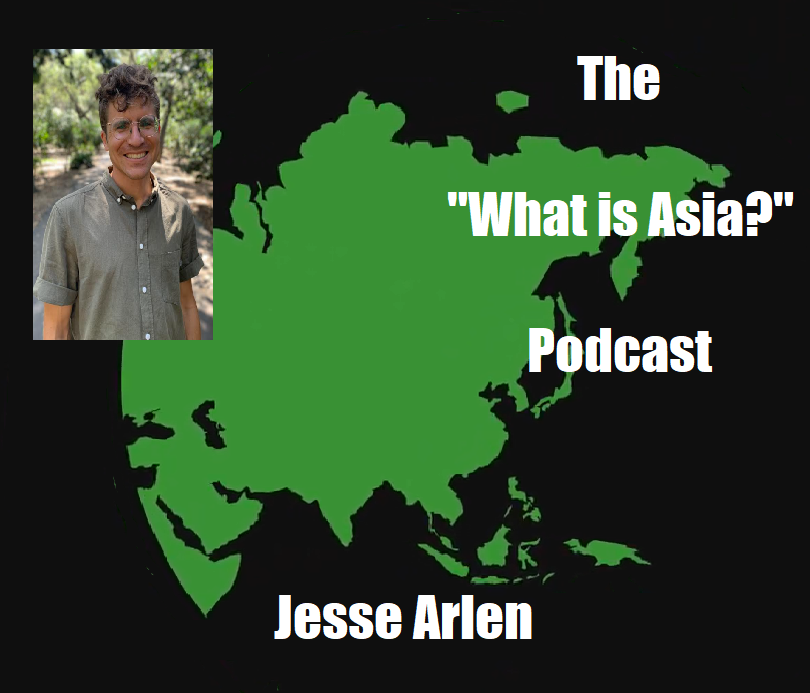Season 8 (September 15th, 2022 - November 17th, 2022)
|
Episode 10 Description:
Taylor Easum is an assistant professor of History at Indiana State University. He specializes in the history of urban networks in Thailand, with a particular focus on Chang Mai. Easum argues that historians need to place more focus on secondary cities (metropoles that are often unrecognized beyond a region or nation). He contends that focusing on primary cities, such as national capitals, often causes scholars to fixate their analysis of the city within the context of the nation-state. In contrast, studying secondary cities offers historians of urban centers unique perspectives on connections between those cities and populations, such as cultural, religious, and ethnic groups, which transcend national borders. |
|
Episode 9 Description:
Michael Walters is a Ph.D. student at the University of Pittsburgh. He specializes in the history of modern Japan. Walters discusses Tezuka Osamu's manga series, Buddha. He argues that in this series, read widely among both Buddhist and secular audiences, Tezuka imagines the Buddha Shakyamuni as a humanist, rather than a miracle-worker, in order to provide readers, especially young readers, with a model whose conduct they can imitate. |
|
Episode 8 Description:
Ruby Macdougall is a Ph.D. candidate at the University of Michigan. She specializes in the study of Chinese dance. Macdougall provides background to the history of, and features traditionally associated with, the dance traditions of the Yi ethnic minority, a population with roots in China's Yunnan province. Furthermore, she demonstrates that, during the Republican era in Chinese history, altercations manifested between Yi dance performers and the Nationalist government because the Nationalists perceived many Yi dancers as having communist loyalties. Macdougall also describes recent transformations in the music and dance styles of the Yi, citing the adoption of hip-hop into Yi dance as one significant change. |
|
Episode 7 Description:
Carl Gabrielson is a Ph.D. candidate at the University of California in Santa Barbara, and an academic consultant for the Yokosuka Council on Asia-Pacific Studies. He specializes in the study of military-societal relations in Japan. Gabrielson discusses the history of U.S. military bases in Japan since the end of World War II, and demonstrates that these bases enforce social boundaries that separate the "America within Japan," and Japan itself. |
|
Episode 6 Description:
Linh Vu is an assistant professor of History at Arizona State University. She specializes in the history of modern China. Vu discusses her book, Governing the Dead: Martyrs, Memorials, and Necrocitizenship in Modern China. In it, she argues that the Nationalist government honored deceased soldiers in ceremonial rites, not only to recognize their accomplishments in the military, but also to promote certain qualities and values that the state believed all soldiers should possess. |
|
Episode 5 Description:
Matthew Melvin-Koushki is an associate professor of History at the University of South Carolina. He specializes in early modern Islamic intellectual and cultural history. Melvin-Koushki discusses his research on Islamic occult sciences, and the impact of the Mongols in blending Eastern and Western intellectual thought. He also problematizes notions of "the West," and argues that it should be defined as a synthesis of both the Hellenistic and Islamic worlds. |
|
Episode 4 Description:
Gregory Afinogenov is an associate professor of History at Georgetown University. He specializes in the history of modern Russia. Afinogenov discusses his book, Spies and Scholars: Chinese Secrets and Imperial Russia's Quest for World Power. In it, he argues that several forms of knowledge, ranging from academic knowledge, commercial knowledge, and knowledge gained from government espionage, were important in enabling the Russian government to understand Qing China. The Russians gathered these forms of information about Qing China with the aim of leveraging in its favor economic, political, and social dynamics in China that were of concern to the Russian government. |
|
Episode 3 Description:
Sandra Fahy is an associate professor of anthropology, and program director for the Bachelors of Global and International Studies at Carleton University. She specializes in the study of human rights abuses in North Korea. Fahy discusses her book, Marching Through Suffering: Loss and Survival in North Korea. In it, she describes the history of the North Korean Famine, and argues that the North Korean government tightly controlled the language that was used to talk about the famine, leading to creative ways in which North Korean citizens talked about, and coped with, extreme hunger. |
|
Episode 2 Description:
Paul Wheatley is an assistant professor at Nashotah House Theological Seminary. He specializes in the study of the Biblical New Testament. Wheatley discusses the portrayal of Jesus's baptism as it is described in the Book of Mark, and argues that the baptism serves as a metaphor for his death. Wheatley places this discussion within the broader context of the other gospels, and elaborates on their contributions to crafting an image of Jesus as a part-human, part-divine figure who expounds valuable didacts. |
|
Episode 1 Description:
Alexis Dudden is a professor of History at the University of Connecticut. She specializes in the history of modern Japan. Dudden discusses her book, Japan's Colonization of Korea: Discourse and Power. In it, she argues that Imperial Japan actively adopted the terminology and concepts which undergirded Western discourse on international law and colonialism as a means for Japan to unbind itself from Chinese conceptualizations of international law, which typically framed international relationships between East Asian polities. Dudden contends that this departure from Chinese to Western legal vocabulary aided Japan in its ambitions to define new international relationships in East Asia, and colonize Korea. |
Season 7 (June 23rd, 2022 - August 25th, 2022)
|
Episode 10 Description:
Christopher Atwood is a professor of History at the University of Pennsylvania. He specializes in the study of frontier and ethnic history in premodern China and Mongolia. Atwood discusses his book, The Rise of the Mongols: Five Chinese Sources, and describes in detail the origins of the Mongol Empire, as well as the factors that contributed to its dramatic expansion. |
|
Episode 9 Description:
Joshua Sooter is a former Ph.D. student at New York University. He specializes in the history of modern China. Sooter describes the rise of the anti-Christian movements that emerged in early twentieth-century China, as part of a larger movement of protest against Western colonialism. He also highlights the discourses which defined the anti-Christian movements, and demonstrates that many of them served as important influences in later Chinese people's understandings of Christianity, including that of Mao Zedong. |
|
Episode 8 Description:
Shawnakim Lowey-Ball is an assistant professor of History at the University of Utah. She specializes in the history of premodern Southeast Asia. Lowey-Ball discusses her forthcoming book, Liquid Market, Solid State: The Rise and Demise of Malacca Under the Sultans. In it, she argues that Malacca in the 15th century was a robust port city that was characterized by its diversity, as well as its cultural and economic liberalism. However, in the 16th century, the Portuguese took advantage of Malacca's diversity by factionalizing Malaccan society, making it easier to conquer as a consequence. |
|
Episode 7 Description:
Matyas Mervay is a Ph.D. candidate at New York University. He specializes in the history of modern China. Mervay discusses the influx of refugees into China from Central Europe during World War I, and the means by which these refugees travelled across the Eurasian continent. He also addresses the ways in which the Chinese government reacted to and handled the inflow of these migrants. |
|
Episode 6 Description:
Sean Lawrence is an assistant professor at West Virginia University. He specializes in the history of the Ottoman Empire. Lawrence discusses the environmental transformation projects which took place in Anatolia in the early twentieth century, which were funded in large part by the German Deutsche Bank. He argues that these projects, rooted in a nostalgia for the previously Ottoman-controlled Balkan peninsula, aimed to reengineer the Anatolian geographic environment in order to make it more similar to that of the Balkan peninsula. |
|
Episode 5 Description:
Pamela Kyle Crossley is a professor of History at Dartmouth College. She specializes in the history of Qing China. Crossley discusses her book, A Translucent Mirror: History and Identity in Qing Imperial Ideology. In this book, she argues that identities such as "Chinese" and "Manchu" were fabrications constructed during the Qing dynasty as a means for the emperor to organize the expansionist empire and establish hierarchies of power based on identity. |
|
Episode 4 Description:
Mu-Lung Hsu is a Ph.D. candidate at Arizona State University. He specializes in the study of Buddhism in Myanmar. Hsu discusses Buddhist humanitarian projects that are currently taking place in Myanmar, particularly free funerary services, and details their history, objectives, and public reception. |
|
Episode 3 Description:
Benno Weiner is an associate professor of History at Carnegie Mellon University. He specializes in the history of modern China. Weiner discusses his book, The Chinese Revolution on the Tibetan Frontier. In it, he argues that Tibet's political relationship with Beijing experienced a dramatic transformation from the Qing to the PRC era because, while Qing influence over Tibet was indirect, the Chinese Communist Party (CCP), in the 1950s, sought to establish a more assertive and direct form of rule in Tibet, and subsequently Sinicize its language, culture, politics, and religious practices. |
|
Episode 2 Description:
Gary Anderson is a professor of religious studies at the University of Notre Dame. He specializes in the study of Christianity and Judaism in antiquity. Anderson discusses his book, Sin: A History. In it, he argues that the idea of sin was initially interpreted as something akin to a stain or burden, but gradually became associated with notions of monetary debt. Anderson contends that, as a result of the evolution in the way sin is understood, conceptualizations of how one should remedy his or her sins has also changed. |
|
Episode 1 Description:
Bryna Goodman is a professor of History at the University of Oregon. She specializes in the history of modern China. Goodman discusses her book, The Suicide of Miss Xi: Democracy and Disenchantment in the Chinese Republic, a finalist for the Oregon Book Award. In it, she argues that the tragic death of Xi Shangzhen illuminates larger discourses that people in twentieth-century Shanghai were engaging in, especially relating to issues of democracy, the political and social role of the press in Chinese society, and gender. |
Season 6 (March 31st, 2022 - June 2nd, 2022)
|
Episode 10 Description:
Jessica Hanser is an associate professor of History at the University of British Columbia. She specializes in the history of eighteenth and nineteenth century colonialism in Asia. Hanser discusses her book, Mr. Smith Goes to China: Three Scots in the Making of Britain's Global Empire. She argues that the origins of Britain's imperial, predatory financial engagements with the peoples whom they interacted in port cities in Asia can be understood in greater depth by analyzing the development of these transactional relationships through a micro-historical approach; in this case, by following the careers of three George Smiths in Asia. |
|
Episode 9 Description:
Charalampos Minasidis is a Ph.D. student at the University of Texas in Austin. He specializes in the history of modern Greece and Turkey. Minasidis discusses the Turkish governments drafting of citizen-soldiers to fight in its various wars from 1912-1923. He places special focus on the discrimination that non-Muslim draftees experienced, and how their stories are talked about in Turkish educational institutions today. |
|
Episode 8 Description:
Jing Zhai is a Ph.D. student at the University of Texas in Austin. She specializes in the history of modern China. Zhai describes the everyday life of rural communes in China from 1956-1983, highlighting the jobs that people had, as well as the educational and daycare systems that existed in these communities. She also discusses the role that collectivization played in structuring people's lives in these communities. |
|
Episode 7 Description:
Arash Azizi is a Ph.D. candidate at New York University. He specializes in the history of the modern Middle East. Azizi discusses communist internationalism, particularly between Iraq and Iran, in the 1980s. He underlines that communist internationalists argued for global unity despite conflicts that emerged between their nations and, significantly, eschewed anti-American rhetoric which was commonplace in other forms of communism. Azizi is also the author of, The Shadow Commander: Soleimani, the US, and Iran's Global Ambitions. |
|
Episode 6 Description:
Justin Cheng is a former M.A. student at the University of British Columbia. He specializes in the history of modern China. Cheng argues that the power of the governor of colonial Hong Kong was more limited than is often assumed. He uses the typhoon of 1906 as a case study to elaborate on his argument. |
|
Episode 5 Description:
Rainer Buschmann is a professor of History at California State University, Channel Islands. He specializes in the history of colonialism in New Guinea. Buschmann discusses the hoarding and sale of New Guinea art by German colonists in New Guinea from 1870-1920. He also places himself in the debate surrounding the responsibility of museums to return artifacts that were transferred from colonized areas to Western museums by describing the concept of provenance history, the idea that the historical context around each individual artifact should be examined in order to determine whether or not it was justly or unjustly acquired. |
|
Episode 4 Description:
Patrick Buck is a Ph.D. candidate at Michigan State University. He specializes in the history of modern China and Taiwan. Buck presents a comparative analysis of two important political events which both took place around the 1960s and 1970s: the Criticize Lin Biao, Criticize Confucius Campaign in China, and the Chinese Cultural Renaissance Campaign in Taiwan. He argues that these two movements were important in that they used history to help define each societies' respective values. |
|
Episode 3 Description:
William Chou is a postdoctoral fellow at the Clements Center for National Security at the University of Texas in Austin. He specializes in the history and economics of post-war Japan. Chou discusses the development of Japan's post-war manufacturing sector, focusing particularly on camera and automobile manufacturing. He also highlights the American involvement in growing Japan's manufacturing sector, as well as Japan's strategies for marketing their cameras and automobiles toward Americans. |
|
Episode 2 Description:
Klaus Mühlhahn is a professor of History at Zeppelin University. He specializes in the history of modern China. Mühlhahn discusses his book, Making China Modern: From the Great Qing to Xi Jinping, and also provides his thoughts on the state of China studies in the West in terms of the ability of scholars to conduct research on China amidst its continuous border closure. He also critiques the prevalence of armchair "experts" on China, and offers advice on how scholars of China can more effectively reach general audiences. |
|
Episode 1 Description:
Isaac Tan is a Ph.D. student at Columbia University. He specializes in the history of modern Japan. Tan discusses the history of blood type research in early twentieth century Japan, and demonstrates that some researchers argued that a connection existed between one's blood type and one's personality. Tan also elaborates on how this discourse on the relationship between blood type and personality have reemerged in recent times. |
Season 5 (January 6th, 2022 - March 10th, 2022)
|
Episode 10 Description:
Genevieve Tan is a Ph.D. candidate at the University of Pennsylvania. She specializes in the history of modern Japan and Taiwan. Tan argues that Japan's form of colonial administration in Taiwan fostered an environment that was less segregated than the colonies which were controlled by Western powers. Tan highlights this point by discussing Japan's intermarriage laws and the household registration system. She also discusses notions of nationhood and citizenship as it was understood by the Japanese government. |
|
Episode 9 Description:
Michael Nylan and Carlos Noreña are professors of History at the University of California in Berkeley. Nylan specializes in early Chinese history, and Noreña specializes in ancient Roman history. Nylan and Noreña argue that studying comparative history is valuable for understanding similar political, economic, and social dynamics that may characterize seemingly disparate societies. This argument plays out in their research which compares Western Han Chang'an and early imperial Rome. |
|
Episode 8 Description:
Haemin Jee is a Ph.D. candidate at Stanford University. She specializes in the study of Chinese politics. Jee describes China's social credit system, and argues that this system is mainly used for firms, not individuals. She also argues that it is primarily used to enforce pre-established laws, contrary to the conventionally held idea that it is a new form of government surveillance. |
|
Episode 7 Description:
J.J. Strange is a Ph.D. student at the University of Wisconsin in Madison. She specializes in the history of modern China. Strange discusses the beginnings of, and the difficulty with, translating ideas, words, and concepts in organic chemistry from European languages into Chinese. Her research places Japan as "the bridge between China and the West," a frequent theme in scholarship surrounding the history of science in China, in the periphery. |
|
Episode 6 Description:
David Rahimi is a Ph.D. candidate at the University of Texas in Austin. He specializes in the history of modern Iran. Rahimi discusses the development of consumer capitalism in Iran from 1941-1979. In particular, he focuses on the role of businesses, NGOs, and individual people in contributing to a staggered, incremental growth of consumerism in Iran. |
|
Episode 5 Description:
Rolf Siverson is a former Ph.D. student at the University of Pennsylvania. He specializes in the history of Manchukuo and modern Korea. Siverson examines Korean political officials who played important roles in the Manchukuo government, and their subsequent integration (or inability to integrate) into state-building roles in post-occupation Korea after the collapse of Manchukuo in 1945. |
|
Episode 4 Description:
Miriam Stark is a professor of anthropology and the director of the Center for Southeast Asian Studies at the University of Hawai'i in Mānoa. She specializes in the archaeology of Cambodia. Stark provides some background into Cambodia's premodern history, and also discusses strategies through which archaeologists can better engage with the general public. |
|
Episode 3 Description:
Tom Fischer is a former M.A. student at the University of Oregon. He specializes in the history of modern China. Tom and Nakota discuss the emergence of China as a topic of popular discussion, armchair "experts" on China, and the dwindling funding for Asian Studies programs in the United States. They also assess the discourse around the potential for war between China and the United States. |
|
Episode 2 Description:
Reza Yeganehshakib is a lecturer in the History department at California State University, Dominguez Hills. He has written on a number of historical and contemporary topics concerning areas of the world such as the Middle East, Central Asia, and South Asia. Yeganehshakib discusses the development of China's One Belt One Road initiative in Central Asia and West Asia, and highlights the political and economic challenges that countries in this region have endured as a result of undertaking this project. |
|
Episode 1 Description:
Jesse Arlen is a postdoctoral research fellow at the Orthodox Christian Studies Center at Fordham University, and director of the Krikor and Clara Zohrab Information Center. He specializes in the study of Christianity in premodern Armenia. Arlen discusses the important political and economic role that Christian institutions played in tenth-century Armenian society and highlights life of Anania of Narek, his monastery, and the importance of both to Armenia's Christian history. |
